What you’ll learn:
- Peptides are short chains of proteins that act as messengers in your body, influencing various functions like digestion, metabolism, and muscle growth.
- GLP-1 medications like Ozempic® and Wegovy® mimic natural GLP-1, a peptide that can help enhance weight loss.
- Noom Med integrates GLP-1 medications with personalized coaching and behavioral strategies to offer a comprehensive, science-backed approach to weight management.
What if the secret to achieving your weight loss goals lies within your own body?
Peptides, tiny protein fragments naturally found in our bodies, are emerging as powerful options for weight management. How? Peptides can influence appetite, metabolism, and potentially even the way fat cells behave by inhibiting their growth and reducing accumulation. While our bodies produce peptides, scientists can also recreate them in labs. They can then turn these lab-made peptides into medications that mimic the natural effects of peptides in your body.
You have probably heard of one standout peptide, glucagon-like peptide-1 (GLP-1). This peptide, which your body produces in response to food, has shown promise for its impact on appetite, fullness, and blood sugar control. Semaglutide, the active ingredient in Ozempic® and Wegovy®, mimics GLP-1 and can be prescribed for diabetes management or weight loss (off-label for Ozempic®).
By combining this emerging therapy with personalized coaching and proven behavioral strategies, Noom aims to empower individuals to achieve sustainable weight loss and improve their overall well-being. First, here’s a little background on peptides and the roles they play in keeping you healthy.
What do peptides do?
Peptides are short chains of proteins that send messages throughout your body. Depending on the peptide, they can impact digestion, increase muscle mass, treat infections, and offer other health advantages. These tiny messengers play a huge role in how your body functions, affecting everything from your skin and hair to your mood and metabolism.
Natural vs. lab-made peptides
Your body is constantly making peptides as part of its natural processes. For example, insulin, the hormone that regulates blood sugar, is a peptide. Other peptides include collagen peptides, which support joint and skin health, and growth hormone peptides for development and muscular growth. These naturally-occurring peptides are necessary for many body processes, including tissue repair and metabolism.
Scientists also create synthetic peptides to be used as medications. Synthetic peptides can mimic the effects of naturally occurring ones or perform specific functions. Insulin, for example, can be lab-made and injected to treat diabetes. Ozempic® and Wegovy® work this way too.
When used as medication, your body can easily absorb peptides because they are super small. Their tiny size allows them to quickly enter your bloodstream and get to work where they’re needed most, usually through injection.
Here are some more examples of synthesized peptides and what they are used for:
- Medications: While insulin was the first lab-made peptide medication, many more have followed, including GLP-1 medications like Ozempic®. Other peptides, like growth hormone and ghrelin, have also been synthesized in labs to treat various health conditions.
- Cosmetics: Collagen-boosting peptides can be found in anti-aging skincare products. Signaling peptides interact with skin cells to encourage healing and regeneration.
- Fitness and performance: Creatine peptides are used to build muscle, and athletes use carnosine peptides to reduce muscle fatigue.
- Weight loss peptides: The FDA has approved some for specific medical uses. However, many peptides that are offered over the counter are not approved.
Potential health risks are associated with non-prescription peptides, particularly those used for performance enhancement and weight loss. You should only use peptides that a doctor has prescribed.
What are the benefits of peptides as medicine?
Scientists have been exploring the medical uses of peptides for over a century. Peptide-based drugs offer several advantages:
- Targeted delivery: They can be designed to reach specific areas in the body.
- Fewer side effects: Peptides often have milder side effects than other types of medications.
- Safer breakdown: The byproducts are absorbed when your body breaks down peptides.
How GLP-1 can help with weight loss
Of the numerous peptides being studied for weight loss, GLP-1 has emerged as an effective option. GLP-1 receptor agonists are medications that mimic the effects of GLP-1 and activate the GLP-1 receptors in your body. These actions lead to a stronger and longer-lasting response than natural GLP-1 alone. Translation: They make you feel like you’ve eaten without actually eating, which can lead to weight loss.
What are the most popular GLP-1 receptor agonists?
Several GLP-1 receptor agonists are currently on the market for different uses, including:
| Medication | Brand names and uses | Administration | Cost per month (without insurance) |
|---|---|---|---|
| Semaglutide – GLP-1 receptor agonist | Wegovy® (weight loss)Ozempic® (diabetes management, off-label for weight loss)Rybelsus® (diabetes management, off-label for weight loss) | Weekly injection or daily pill (Rybelsus) | $930 – $1,350 |
| Tirzepatide – GLP-1 and GIP receptor agonist | Zepbound® (weight loss)Mounjaro® (diabetes management, off-label for weight loss) | Weekly injection | $1,000 – $1,050 |
| Liraglutide– GLP-1 receptor agonist | Saxenda® (weight loss) Victoza® (diabetes management, off-label for weight loss) | Daily injection | $800 – $1,400 |
| Exenatide- GLP-1 receptor agonist | Byetta® (diabetes management, off-label for weight loss) Bydureon® (diabetes management, off-label for weight loss) | Twice daily injection | $190 – $220 |
| Dulaglutide-GLP-1 receptor agonist | Trulicity® (diabetes management, off-label for weight loss) | Weekly injection | $230 – $1,000 |
How GLP-1 receptor agonists work for weight loss
These innovative medications work in several ways to help you lose weight:
- Appetite control: GLP-1 receptor agonists interact with your body’s hormones to increase feelings of fullness and satisfaction. This means you’ll naturally eat less without feeling deprived, making it easier to stick to your calorie goals.
- Metabolic boost: These peptides can also give your metabolism a nudge, helping your body burn calories more efficiently.
- Fat burning: GLP-1 receptor agonists can enhance your body’s ability to burn stored fat for energy.
- Blood sugar balance: By helping to regulate blood sugar levels, GLP-1 receptor agonists can reduce cravings and prevent energy crashes that can derail your weight loss efforts.
This multifaceted approach makes GLP-1 receptor agonists a useful aid for weight loss. They address not just one but several key factors that contribute to weight gain.
Noom’s personalized program can guide you on safely and effectively incorporating GLP-1 medications into your weight loss plan.
How do I get started with GLP-1 medications for weight management?
The first step is to talk to your doctor or see if you qualify for Noom Med. Your doctor or our clinicians will talk to you about your health history and overall goals to determine the best GLP-1 therapy for you.
Rx weight loss, the right way, with Noom
Get access to prescription weight loss medication with Noom.Can GLP-1 medications be used safely for weight loss?
GLP-1 medications can be a safe and effective part of your weight loss plan. These medications—including Wegovy®, Ozempic®, Mounjaro®, and Zepbound®—have been approved by the FDA to help people with either weight loss or type 2 diabetes.
What are the potential side effects of GLP-1 medications?
Like any medication, GLP-1 receptor agonists can have potential side effects. The most commonly reported side effects tend to be stomach-related and include:
- Nausea
- Diarrhea
- Constipation
- Stomach pain
- Fatigue
The good news is these side effects are usually mild and often improve over time. If they do stick around, your clinician can help you manage them, like adjusting your dosage. Noom’s GLP-1 Companion can also help by offering guidance and support to people taking GLP-1 medications. It provides tools for tracking protein intake and an updated food color system to address the unique needs of people taking these medications.
Do GLP-1 medications have any potential severe effects or warnings?
GLP-1 drugs can have rare but severe effects and carry warnings that everyone should be aware of. Get immediate medical care if you experience any of the symptoms below:
- Pancreatitis: Although rare, pancreatitis can cause severe abdominal pain, nausea, and vomiting, requiring immediate medical attention.
- Kidney injury: Another potential severe effect of GLP-1 receptor agonists is acute kidney injury. Look for symptoms like changes in urination (less urine output, excessive urination at night, or no urine at all), swelling of the legs, or pain in the belly or side below the rib cage.
- Gallbladder problems: GLP-1 medications may cause gallbladder problems. Watch for symptoms like pain in the upper abdomen, fever, yellowing of the skin or eyes (jaundice), or clay-colored stools.
- Hypoglycemia (low blood sugar): The risk of low blood sugar is higher if you take a GLP-1 medication with another blood-sugar-lowering diabetes medication. Symptoms of low blood sugar may include dizziness or light-headedness, blurred vision, anxiety, fast heartbeat, or feeling jittery.
- Allergic reactions: As with any medication, there is always a risk that serious allergic reactions may occur. Get emergency care if you have any symptoms of a serious allergic reaction such as difficulty breathing, swelling or tightness in the throat, hives or severe skin reactions.
- Suicidal behavior and ideation: There is a possible risk of depression or thoughts of suicide with GLP-1 use. Pay attention to any sudden changes in mood or behaviors and seek immediate medical attention.
- Vision changes: Blurry vision could be a sign of serious eye problems. Tell your doctor about any changes in your vision while taking a GLP-1 medication.
- Thyroid tumors and cancers: Some GLP-1s warn about the risks of developing thyroid tumors, including cancer. Tell your doctor if you experience a lump or swelling in your neck, hoarseness, trouble swallowing, or shortness of breath. Note: No connection has been established in humans.
How long can I safely use GLP-1 medications for weight loss?
Your specific needs, such as weight loss goals and overall health, will determine how long you use GLP-1 medications. Your clinician will monitor your progress and adjust your treatment plan as needed. Regular check-ins are essential to ensure the therapy remains safe and effective for you in the long run.
Taking the next step with Noom
GLP-1 medications can help you control your weight by enhancing your body’s natural processes. That’s why Noom created Noom Med, a comprehensive program that combines weight loss medication with personalized coaching and behavioral strategies.
Whether you’re curious about GLP-1 medications or want to explore how peptides can fit into your unique weight loss plan, our Noom Med team is here to guide you. We offer personalized care, access to GLP-1 medications if prescribed, and a comprehensive toolkit of resources and support to help you navigate the world of peptides and achieve your goals.
Note: Ozempic®, Mounjaro®, Rybelsus®, Victoza®, Trulicity®, Byetta®, and Bydureon® are not FDA-approved to treat obesity or for weight loss.
Why you can trust us
At Noom, we’re committed to providing health information that’s grounded in reliable science and expert review. Our content is created with the support of qualified professionals and based on well-established research from trusted medical and scientific organizations. Learn more about the experts behind our content on our Health Expert Team page.



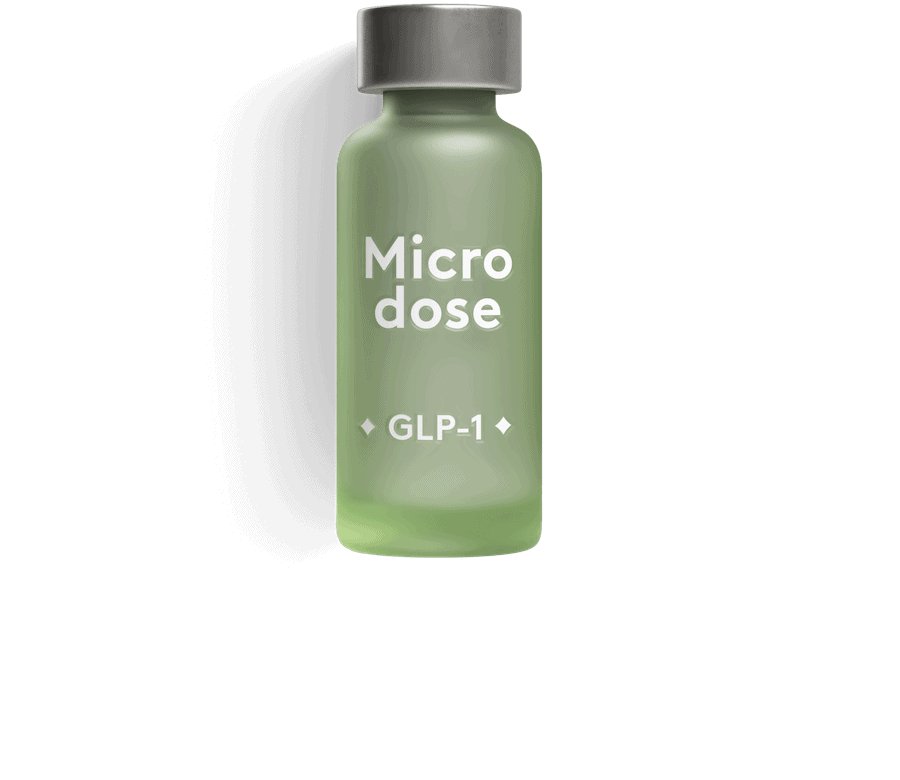
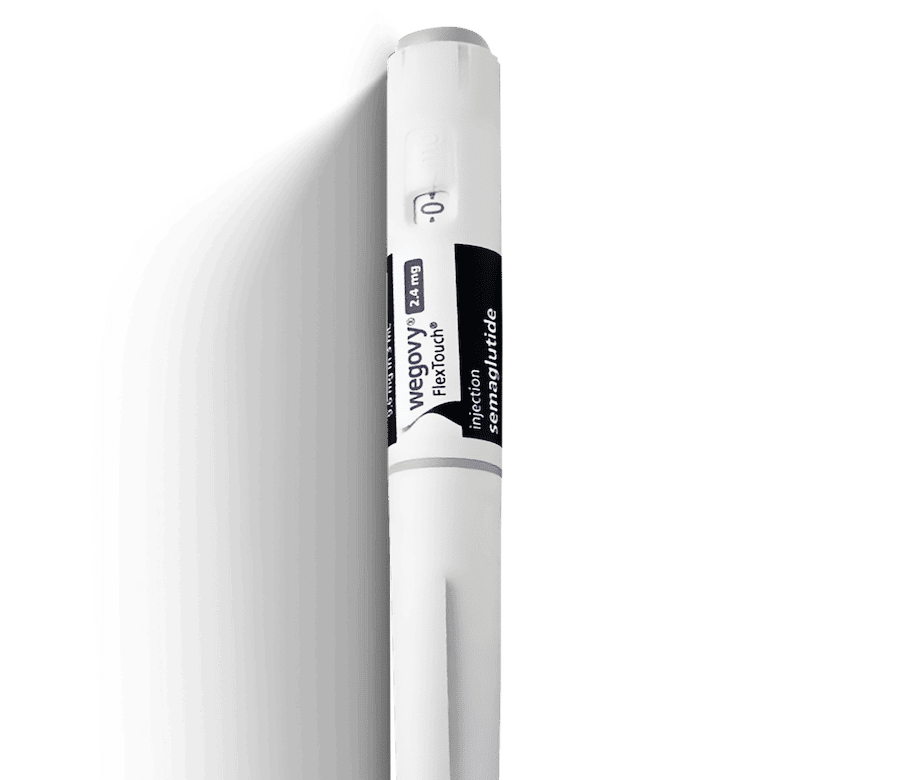
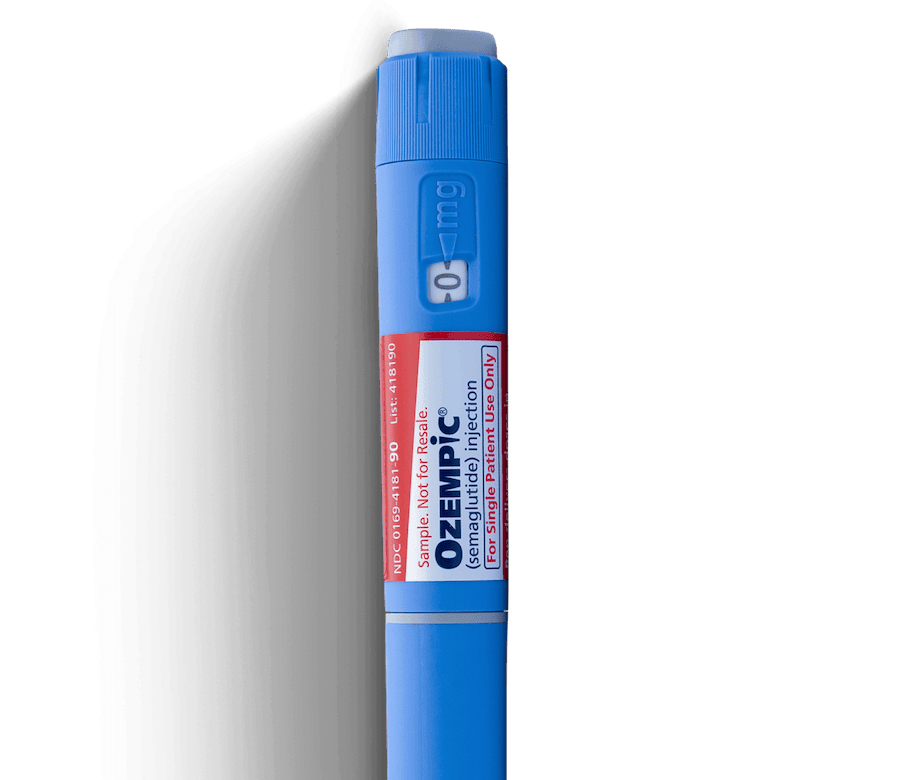
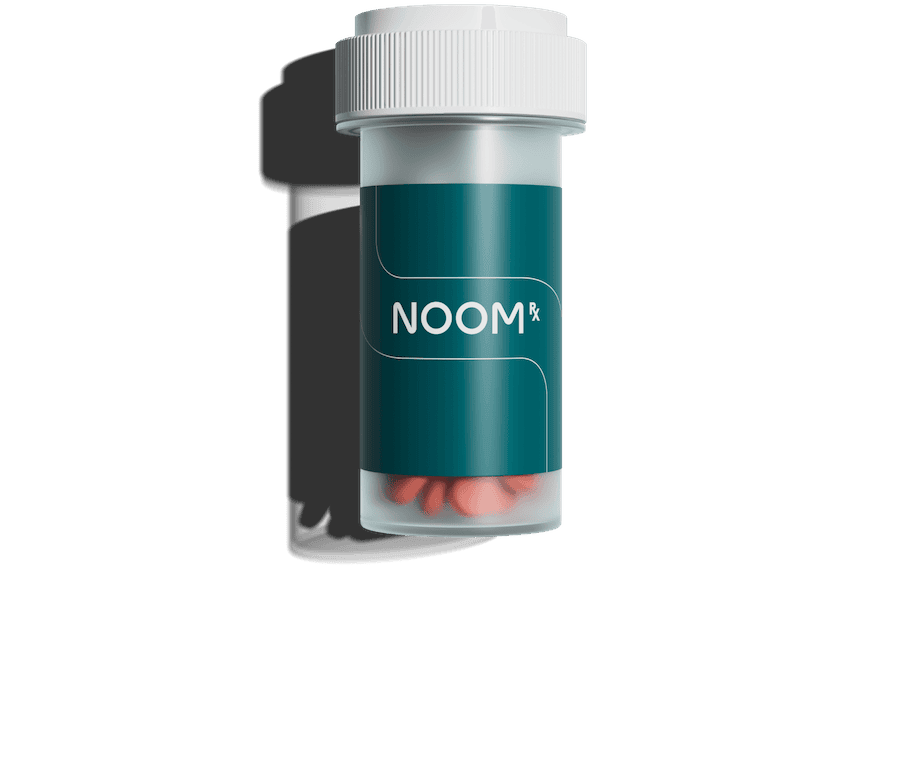

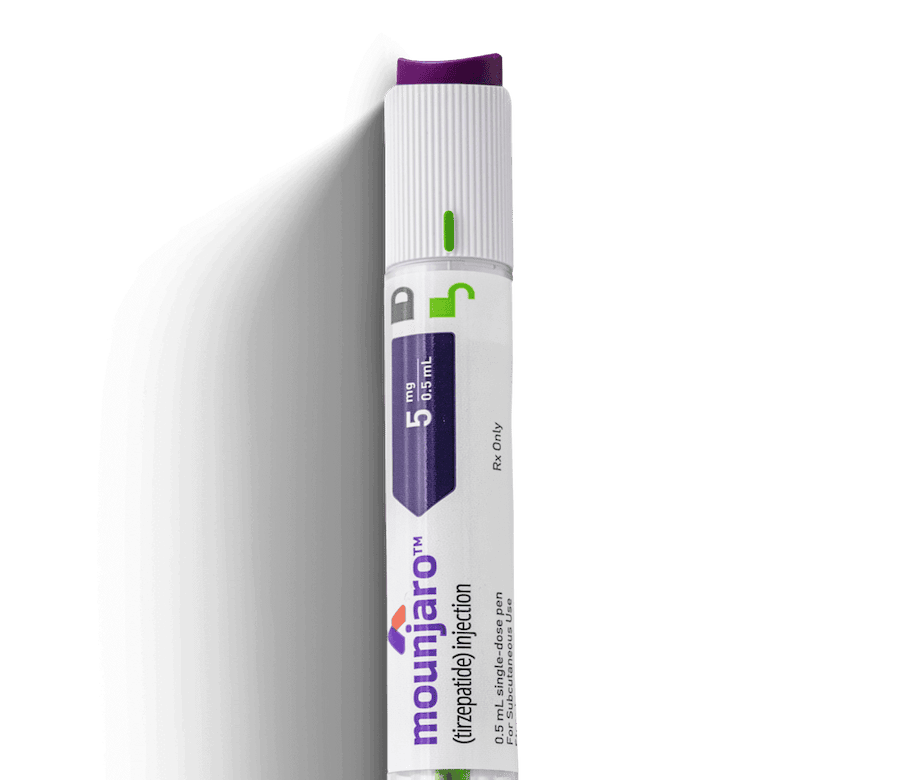
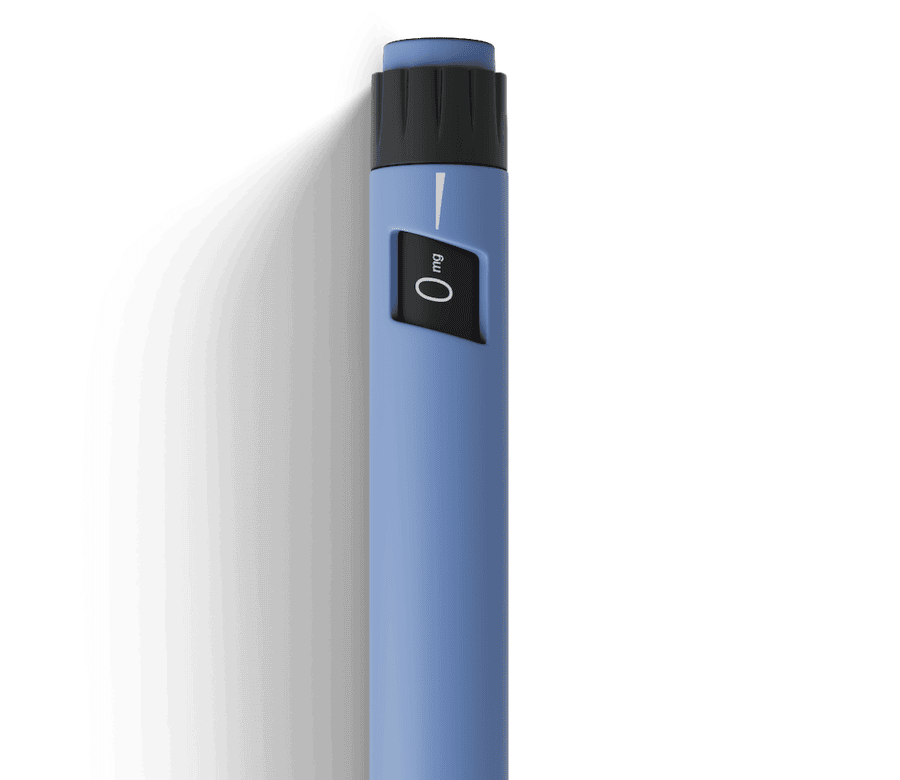


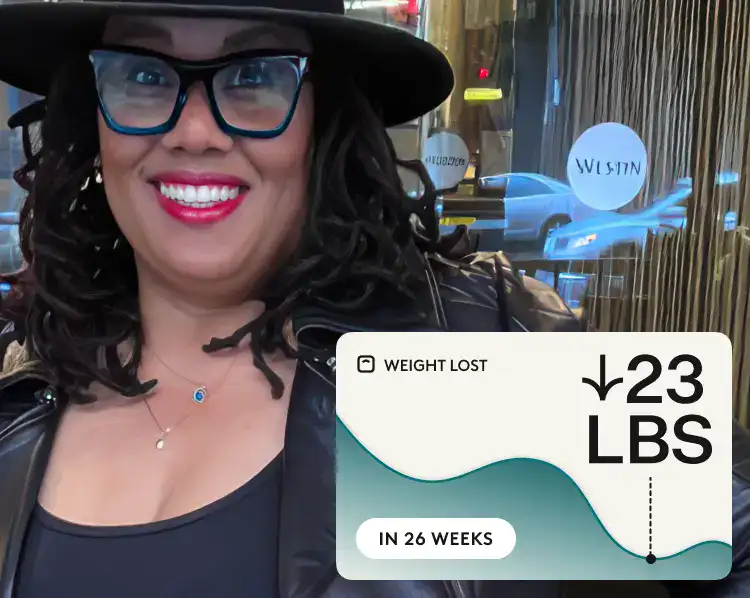




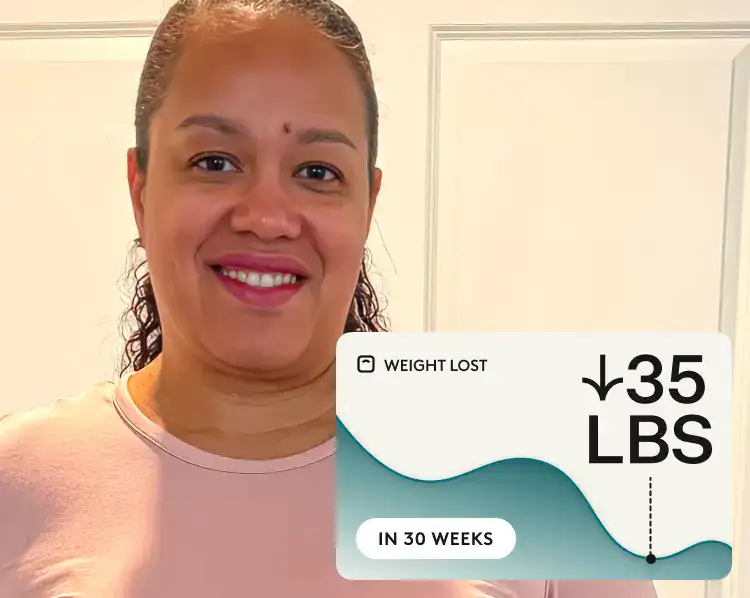
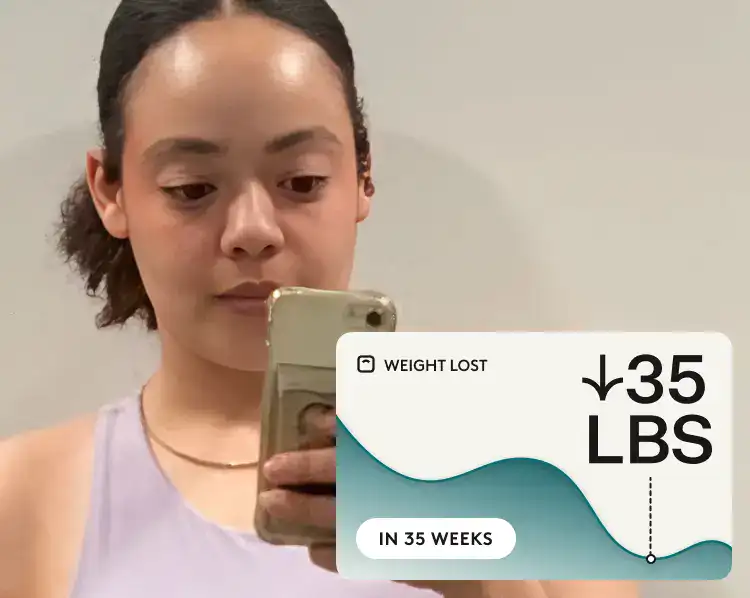



 Meaghan Cameron
Meaghan Cameron
 Noom Team
Noom Team
 Melissa Kay
Melissa Kay


